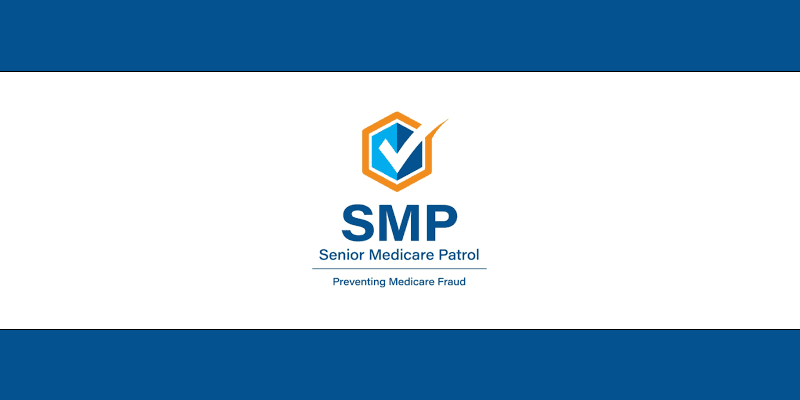At the beginning of May the Association had an opportunity to participate in the Massachusetts Senior Medicare Patrol Program’s 11th Statewide Conference. While the main focus of the conference was on primary care and access, the program also included several workshops on identifying scams targeting older adults and identifying potential Medicare fraud. The workshops were an opportunity to gain knowledge that will assist us in educating our members.
To that end we partnered with the Medicare Senior Patrol to share information about the program and the resources and services available to members.
Below is an introduction to the program, prepared by them, and you can look at their website for more information. We are planning an education webinar for members in October and will be providing details as we get closer.
The Massachusetts Senior Medicare Patrol (SMP) Program works in partnership with mainstream government, nongovernmental, and “grassroots” community-based organizations across the state to raise awareness about protecting, detecting, and reporting healthcare errors, fraud, and abuse.
According to the Centers for Medicare and Medicaid Services, healthcare errors, fraud, and abuse cost American taxpayers billions of dollars annually.
The MA SMP Program encourages consumers to track all their healthcare encounters by keeping a personal healthcare journal. We all should use a healthcare journal to record all our medical interactions, including in-person, virtual/telehealth, and radiology appointments; medications, prescribed and over the counter; home health services; lab tests; and durable medical equipment, such as wheelchairs, braces, walkers, and CPAP machines.
Additionally, the MA SMP Program urges consumers to write down all questions they have for their physicians or other health professionals as well as the responses to their questions. Consult www.MASMP.org/Resources for five important questions to ask at every medical appointment.
The MA SMP Program regularly conducts outreach and free educational sessions across the state to inform Medicare and Medicaid beneficiaries, family members, caregivers, and professionals about the importance of being engaged healthcare consumers. Only through consumer engagement can we prevent, detect, and report healthcare errors, fraud, and abuse which are costly and too often have devastating health-related consequences.
Healthcare fraud is always intentional deception or misrepresentation which can have an impact on the health and lives of consumers and are costly to taxpayers and the insurance industry. Healthcare errors and abuse are typically unintentional incidents, practices, or procedures that are inconsistent with sound medical, business, or fiscal practices.
Healthcare errors and abuse often result in payment for services that fail to meet professionally recognized standards of care or are medically unnecessary. Unnecessary treatments can be dangerous and just as damaging to one’s health and finances.
Consumers should protect all personal information including their Medicare, Mass Health/ Medicaid, and Social Security cards as they would protect their credit cards. Carry these cards only when absolutely necessary.
Approximately 98,000 lives are lost annually due to medical errors, according to the Institute of Medicine’s report, “To Err Is Human: Building A Safer Health System.”
The Massachusetts Senior Medicare Patrol (SMP) Program is part of a national initiative to educate healthcare consumers on how to avoid Medicare errors, fraud, and abuse. 7here are SMP programs in the 50 states, the District of Columbia, Guam, Puerto Rico, and the U.S. Virgin Islands. The MA SMP Program has been under the leadership of AgeSpan, formerly Elder Services of the Merrimack Valley and the North Shore, since 1999.
This publication is supported by the Administration for Community Living (ACL), U.S. Department of Health and Human Services (HHS) as part of a financial assistance award totaling $613,506.00 with 100 percent funding by ACL/HHS. The contents are those of the author(s) and do not necessarily represent the official views of, nor an endorsement, by ACL/HHS, or the U.S. Government.



